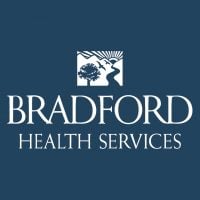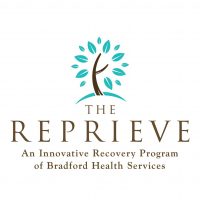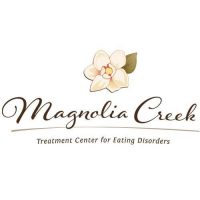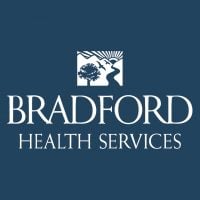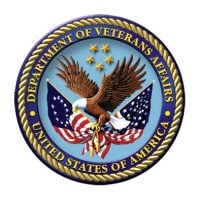
Central Alabama Veterans Health Care System - West Campus
Drug Rehab Center in Montgomery, Alabama
- Mental Health
- Dual Diagnosis
About This Alabama Facility
Central Alabama Veterans Health Care System - West Campus is a Dual Diagnosis (Co-Occuring Disorders), Mental Health, Drug Treatment Facility in Montgomery, Alabama offering treatment for Dual Diagnosis (Co-Occuring Disorders), Mental Health. Addiction is a disease that can be treated. There are many different types of treatment available here to help addicts get sober, including inpatient and outpatient programs. The first step towards recovery is admitting there’s a problem, so if you or someone you love has an addiction, don’t wait any longer to seek help.
This facility can help you quit drugs and live a sober life. This facility offers evidence-based treatment methods for drug addicts who want to change their lives for good. Patients are surrounded by compassionate staff members who understand what you are going through and will support your journey towards sobriety every step of the way. This facility does welcome both men and women. Treatment here is offered to all genders, and notably supports LGBTQ+.
Accreditations and certifications are important when selecting a treatment facility. This facility has Joint Commission Accreditation. You can also find Central Alabama Veterans Health Care System - West Campus listed in the national SAMHSA database. Military Insurance (TRICARE), Private Health Insurance, Self-Payment are some of the ways clients can pay for treatment here. Fortunately Central Alabama Veterans Health Care System - West Campus accepts private insurance. For additional information regarding paying for treatment, contact our admissions counselors now.
Genders
Ages
Modality
Additional
Accreditations
SAMHSA

JCAHO
Conditions and Issues Treated
Dual-Diagnosis
There are different kinds of Dual Diagnosis:. A person who simultaneously experiences both a mental illness and an addiction disorder. Or, a person who experiences one or more coexisting (simultaneous) mental health conditions in addition to a primary substance use disorder.
The treatment requires a multi-disciplinary approach, it’s crucial for individuals to partner up with a healthcare provider who understands all the recovery components.
Dual Diagnosis (Co-Occuring Disorders), Mental Health
Levels of Care Offered at Central Alabama Veterans Health Care System - West Campus
This center offers a variety of custom treatment tailored to individual recovery. Currently available are Aftercare Support, Dual-Diagnosis, Inpatient, Outpatient, Residential, with additional therapies available as listed below.
Inpatient Rehab in Montgomery, AL
Inpatient treatment is the most intensive level of care, and it’s necessary for those who aren’t able to control their addiction. These patients also must be drug-free before attending inpatient programs .
During inpatient treatment, addicts live at an inpatient facility 24 hours a day while receiving help. This type of program is generally recommended for those who need to go through detoxification or who are struggling with serious addiction-related issues.
Montgomery, AL Outpatient Program
The outpatient programs in Montgomery, AL are for those addicted drugs or alcohol. The goal of the outpatient rehabilitation program is to make them stop abusing drugs or alcohol, reduce drug use or addictive behaviors, and become entirely sober. It is generally required to attend the outpatient program for 10-12 hours every week.
Patients can be administered on-the-spot medication to ease withdrawal symptoms such as anxiety, increased heart rate, and even depression. Groups such as Alcoholics Anonymous (AA) and Narcotics Anonymous (NA) can be used as a part of outpatient treatment to help maintain sobriety.
Residential treatment programs are those that offer housing and meals in addition to substance abuse treatment. Rehab facilities that offer residential treatment allow patients to focus solely on recovery, in an environment totally separate from their lives. Some rehab centers specialize in short-term residential treatment (a few days to a week or two), while others solely provide treatment on a long-term basis (several weeks to months). Some offer both, and tailor treatment to the patient’s individual requirements.
Aftercare support is a service many addicts need to ensure their success at recovery. This service usually includes one-on-one or group therapies, assistance from a sponsor and other types of help designed to make sure the patient continues living a life free from drugs.
Patients also may require medication to help them battle addiction. Some people have been able to successfully recover without additional medications, but others have found that they need help during their transition. Long-term, the patient must take the initiative to attend meetings and receive help from other addicts in recovery.
Therapies & Programs
Individual Therapy
People in addiction recovery can benefit from individual therapy. This type of therapy involves meeting with a therapist one-on-one. This allows for a personal and trusting relationship to be built so that the patient can be truly themselves and express any emotions they feel. Individual therapy leads to greater understanding and peace about your triggers for addiction and coping strategies to prevent relapse.
Couples Therapy
Couples therapy for drug addiction is based on the belief that addiction is a family disease. Everyone involved with an addict, not just the addict themselves, is affected by their behavior and the changes the addict goes through. The relationship also changes the addict’s significant other and has likely picked up some codependent behaviors. Codependency is a term used to describe a person obsessed with another person and their needs and feelings while neglecting their own. Addicts are usually people-pleasers, so it is understandable how one can become codependent in relationships with addicts.
Family Counseling + Therapy
Family therapy is a type of group problem-solving that aims to improve communication and relationships between the patient, their family, and sometimes friends. The main goal of family therapy for drug addiction is to create an environment where communication can occur without judgment, hostility, or blame. The therapist is with the family as they learn to communicate with each other differently, especially with the addict when s/he is using.
Group therapy sessions are held in rehab facilities, clinics, churches or community centers that offer drug addiction treatment. People who attend these groups are encouraged to voice their feelings and support other addicts in recovery. This helps group members strengthen their own recovery program while cheering on others who are struggling with sobriety.
Group therapy sessions provide recovering addicts with a chance to cope with everyday situations that many face. Group therapy sessions are held in rehab facilities, clinics, churches or community centers that offer drug addiction treatment.
People who attend these groups are encouraged to voice their feelings and support other addicts in recovery. This helps group members strengthen their own recovery program while cheering on others who are struggling with sobriety.
If you’re looking for addiction treatment, it’s important to find a facility that offers trauma therapy. This type of therapy helps people process and understand the past traumas that have led to their addiction. Trauma therapists will work with clients to help them understand their past and present relationships and show them that they are worthy of love. This therapy is typically done using visualization, discussion, and writing down thoughts and feelings.
Trauma Therapy is a form of therapy that involves working with a patient to help them process and understand the past trauma(s) in their life. This therapy is typically done using techniques such as visualization, discussion, and writing down thoughts and feelings. The main goals of trauma therapy is to help clients express their emotions and talk about what they are feeling.
Rational Emotional Behavior Therapy is a unique type of therapy because it helps addicts understand their emotional behavior to help them stay sober. It breaks down the addiction and behaviors behind it.
Rational Emotional Behavior Therapy aims to help you understand your emotions and how they affect your behaviors and addiction. Those that complete the program will be able to:
- Change their behaviors in a positive way
- Identify their feelings and reactions
Addicts often experience intense cravings for sugary foods during recovery. By teaching addicts how to eat well and stay healthy, therapists can help them manage their cravings over the course of treatment.
During these sessions, Montgomery, Alabama dietitians and therapists will offer advice about healthy eating options and teach addicts how to make specific changes in their diet that can help reduce the effects of cravings during recovery.This type of therapy is often used in conjunction with other types of addiction treatment services. By identifying specific triggers and developing strategies to help addicts avoid relapse, most individuals can overcome their cravings and stay sober for good after they finish rehab.
Aftercare, Cognitive Behavioral Treatment (CBT), Couples Therapy, Dialectical Behavioral Therapy (DBT), Dual-Diagnosis, Experiential Therapy, Family Therapy, Group Therapy, Individual Therapy, Inpatient Treatment, Nutrition Therapy, Outpatient Treatment (OP), Residential Long Term (>30 Days), Sober-Living / Half-Way, Trauma Therapy
Patient Experience
Experiential Therapy at Central Alabama Veterans Health Care System - West Campus
Experiential Therapy allows addicts to release emotions in a safe environment. The process involves addicts painting their feelings and releasing them on a canvas. LPE – Love, Peace, and Equilibrium is one of the most popular forms of experiential therapy.
Payment Options Accepted
For specific insurance or payment methods please contact us.
Is your insurance accepted?
Ask an expert, call (888) 674-0062
Central Alabama Veterans Health Care System Associated Centers
Discover treatment facilities under the same provider.
- Central Alabama Veterans Health Care System - Dothan CBOC in Dothan, AL
- Central Alabama Veterans Health Care System - Dothan MHC in Dothan, AL
- Central Alabama Veterans Health Care System - East Campus in Tuskegee, AL
- Central Alabama Veterans Health Care System - Monroeville CBOC in Monroeville, AL
- Central Alabama Veterans Health Care System - Wiregrass Clinic in Fort Rucker, AL
Learn More About Central Alabama Veterans Health Care System Centers
Additional Details
Specifics, location, and helpful extra information.
Montgomery, Alabama 36109 Phone Number(334) 272-4670 Meta DetailsUpdated November 25, 2023
Staff Verified
Patient Reviews
There are no reviews yet. Be the first one to write one.

Location
215 Perry Hill Road
Montgomery, AL 36109
(334) 272-4670
Accreditations


Central Alabama Veterans Health Care System
Language
Quick Reference
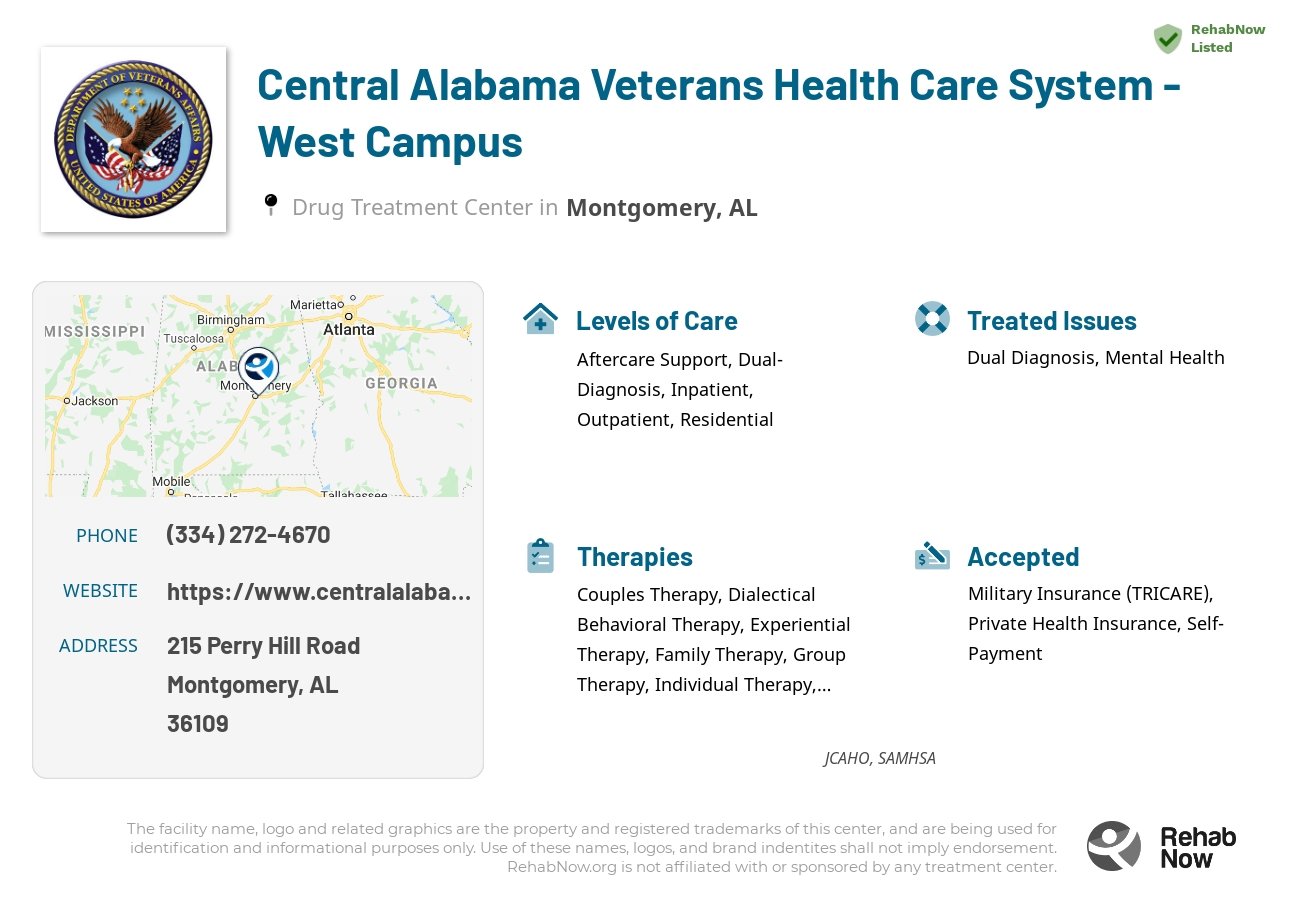
- About This Alabama Facility
- Accreditations
- Conditions and Issues Treated
- Levels of Care Offered at Central Alabama Veterans Health Care System - West Campus
- Therapies & Programs
- Patient Experience
- Payment Options Accepted
- Central Alabama Veterans Health Care System Associated Centers
- Additional Details
- Patient Reviews
Montgomery, Alabama Addiction Information
Opioids, such as heroin, fentanyl, and prescription opioids are related to more than half of all drug-related overdoses in Alabama. Alcohol is the most frequently used substance in Alabama; 85,000 Alabamians use cocaine every single year. In Alabama, there are four times as many vehicle crashes involving alcohol as there are normal vehicle crashes.
Montgomery has a higher-than-average rate of drug-related deaths, with 20.2 out of every 100,000 dying from overdoses. Opioid painkillers like OxyContin and Vicodin are some of the most commonly abused drugs in the city. Overdose deaths from drugs, both legal and illegal, have quadrupled in the last 15 years. Montgomery's most effective treatment programs will combine a range of therapies and counseling sessions with medical care and support services.
Treatment in Nearby Cities
- Athens, AL (173.0 mi.)
- Grove Hill, AL (101.1 mi.)
- Centre, AL (127.1 mi.)
- Spanish Fort, AL (153.2 mi.)
- Greenville, AL (43.7 mi.)
Centers near Central Alabama Veterans Health Care System - West Campus

The facility name, logo and brand are the property and registered trademarks of Central Alabama Veterans Health Care System - West Campus, and are being used for identification and informational purposes only. Use of these names, logos and brands shall not imply endorsement. RehabNow.org is not affiliated with or sponsored by Central Alabama Veterans Health Care System - West Campus.

